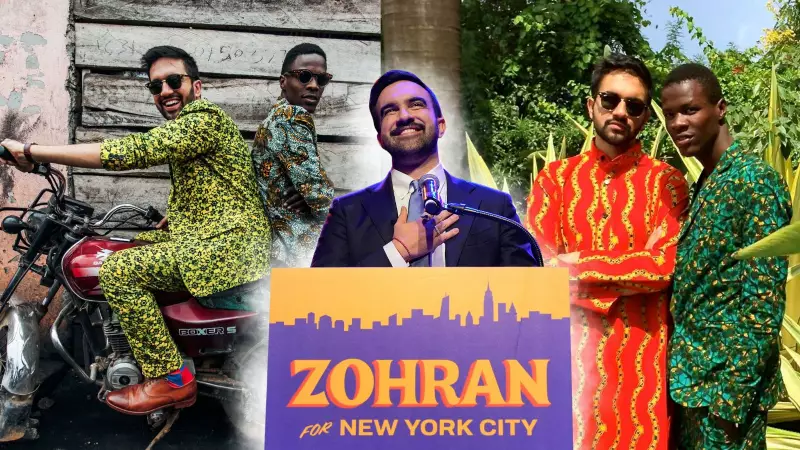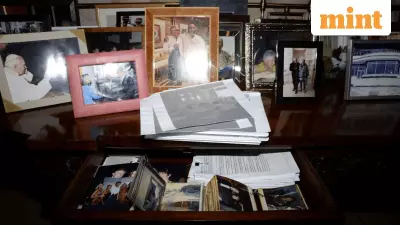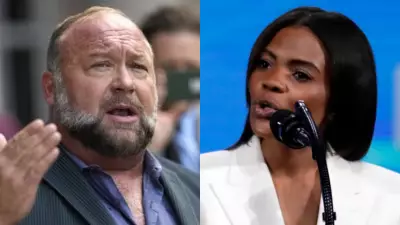
In the concrete jungle where political dreams are made, a new breed of politician is rewriting the rules of engagement. Zohran Kwame Mamdani, New York State Assemblyman for the 36th District, represents a seismic shift in how young progressives are approaching power—and he's doing it with the rhythm and rhetoric of hip-hop culture.
The Unconventional Political Journey
At just 32 years old, Mamdani has already forged a path that defies traditional political templates. The son of renowned anthropologist and Columbia University professor Mahmood Mamdani, Zohran didn't follow the expected Ivy League-to-corporate ladder trajectory. Instead, he immersed himself in New York's vibrant music scene, crafting rap lyrics that would later inform his political messaging.
"My political education didn't happen in a classroom," Mamdani reflects. "It happened in recording studios, at protests, and in conversations with tenants facing eviction. That's where I learned what real power sounds like."
Bridging Two Worlds
Mamdani's unique background allows him to operate in seemingly disparate worlds with equal fluency. He can debate policy in the hallowed halls of Albany while maintaining credibility in the city's artistic circles. This dual identity has become his superpower, enabling him to communicate socialist principles through the accessible language of popular culture.
"Politics shouldn't be this exclusive club where you need a special vocabulary to participate," he argues. "The issues we're fighting for—housing as a human right, healthcare for all, economic dignity—these are universal concerns that deserve universal understanding."
The DSA Connection
Mamdani's rise is inextricably linked to the growing influence of the Democratic Socialists of America (DSA). His 2020 election victory, which unseated a long-term incumbent, signaled a changing political landscape in New York. He represents a new generation of DSA members who aren't content with merely protesting from the outside but are determined to transform institutions from within.
"We're not here to make small changes around the edges," Mamdani states firmly. "We're here to question the fundamental assumptions about what government can and should do for working people."
Policy Priorities and Tenant Power
At the heart of Mamdani's political agenda lies a relentless focus on housing justice. In a city where skyrocketing rents and predatory landlords have created a permanent crisis, he has emerged as a leading voice for tenant rights. His legislative work reflects this commitment, with particular emphasis on:
- Expanding and strengthening rent stabilization laws
- Combating predatory equity in housing markets
- Creating community land trusts to remove housing from speculative markets
- Funding legal services for tenants facing eviction
"Housing is the frontline of our class struggle," Mamdani explains. "When we talk about economic justice, we have to start with the basic question of where people will sleep tonight."
The Art of Political Communication
What truly sets Mamdani apart is his approach to political messaging. He understands that in an attention economy, how you communicate is as important as what you communicate. His background in music has taught him the power of narrative, rhythm, and emotional resonance—tools he wields skillfully in both legislative debates and community organizing.
"The right wants to own the future, the center wants to manage the present, but the left needs to tell better stories about what's possible," he observes. "That's what I try to do every day—tell a better story about who we are and what we can become."
The Road Ahead
As speculation grows about a potential run for New York City mayor, Mamdani remains focused on his current work while acknowledging the need for bolder leadership at the municipal level. "New York is at a crossroads," he says. "We can either continue with the same approaches that have deepened inequality, or we can chart a new course that puts people before profit."
Whether he ultimately seeks the city's highest office or continues his work in the Assembly, Mamdani represents an important evolution in American progressive politics—one that blends radical policy with cultural relevance, and socialist principles with street-smart communication.
His journey from rap battles to political battles demonstrates that the future of left-wing politics might not be found in policy papers alone, but in the spaces where culture and activism intersect.





